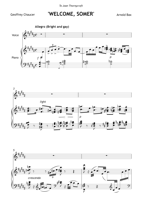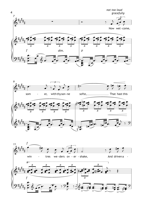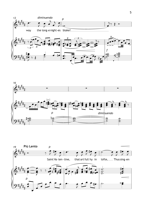| I strongly endorse the present release, for the excellence of its performances and sound quality and the value of this unfamiliar music. | ||
| —Daniel Morrison, Fanfare (37:3, Jan/Feb 2014) |
Click the quotation text to discover what it refers to!

£5.50
In 1914, Bax composed Three Rondels by Chaucer for high voice and piano, of which only the first, Roundel, was ever published (in Seven Selected Songs, J. W. Chester, 1919); the other two, Welcome, Somer and Of her Mercy, remained in manuscript (British Library, Add. MS 54779, ff. 9–14). The first of these was completed on 20 October 1914 and is a setting of a rondel near the end of Chaucer’s long poem, The Parlement of Foules (c. 1381–2), in which a narrator describes a dream-vision. A rondel is a form of verse usually containing thirteen or fourteen lines, whereas a roundel usually contains eleven lines, both being variants of the French rondeau. Welcome, Somer is a thirteen-line rondel, but Bax curiously omits the final line in his setting. He uses a partly modernised version of Chaucer’s Middle English text, which has been retained for this edition:
Now welcome, somer, with thy sonne softe,
That hast this wintres weders overshake,
And driven away the longe nightes blake [black]!
Saint Valentine, that art full hy in lofte,
Thus singen smalle foules for thy sake:
Now welcome, somer, with thy sonne softe,
That hast this wintres weders overshake.
Wel have they cause for to gladden ofte,
Sith [since] ech of hem recovered hath his make [mate];
Ful blisfully they singen whan they wake:
Now welcome, somer, with thy sonne softe,
That hast this wintres weders overshake
[And driven away the longe nightes blake!]
Joan Thornycroft (1888–1988), the song’s dedicatee, was the eldest daughter of the sculptor Sir Hamo Thornycroft. On 24 October 1914 she married Herbert Farjeon, and Bax’s song, dated four days earlier, was clearly intended as a wedding present.
—Graham Parlett
Welcome, Somer has been recorded by Lorna Windsor, soprano and William Hancox, piano on the At the Open Door CD (this track may be heard below).



(Click to enlarge)
| Composer | Title | Vocal range | Forces | Duration | ||
|---|---|---|---|---|---|---|
| Sir Arnold Bax Words: Geoffrey Chaucer | Welcome, Somer for soprano or tenor and piano | F to G♯' | Soprano, Tenor, Piano | 2¼ mins | ||
Lorna Windsor, Soprano, William Hancox, Piano
Catalogue code: FM173 • Published: 13th November 2011
Entry last updated: 21st April 2025